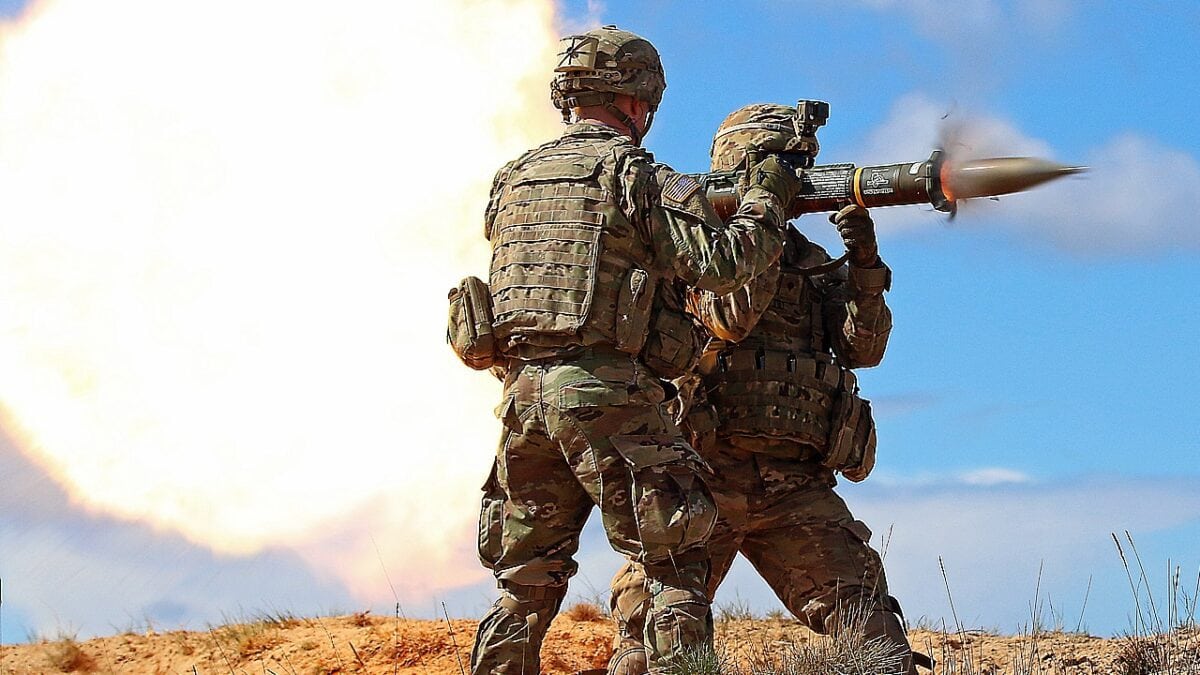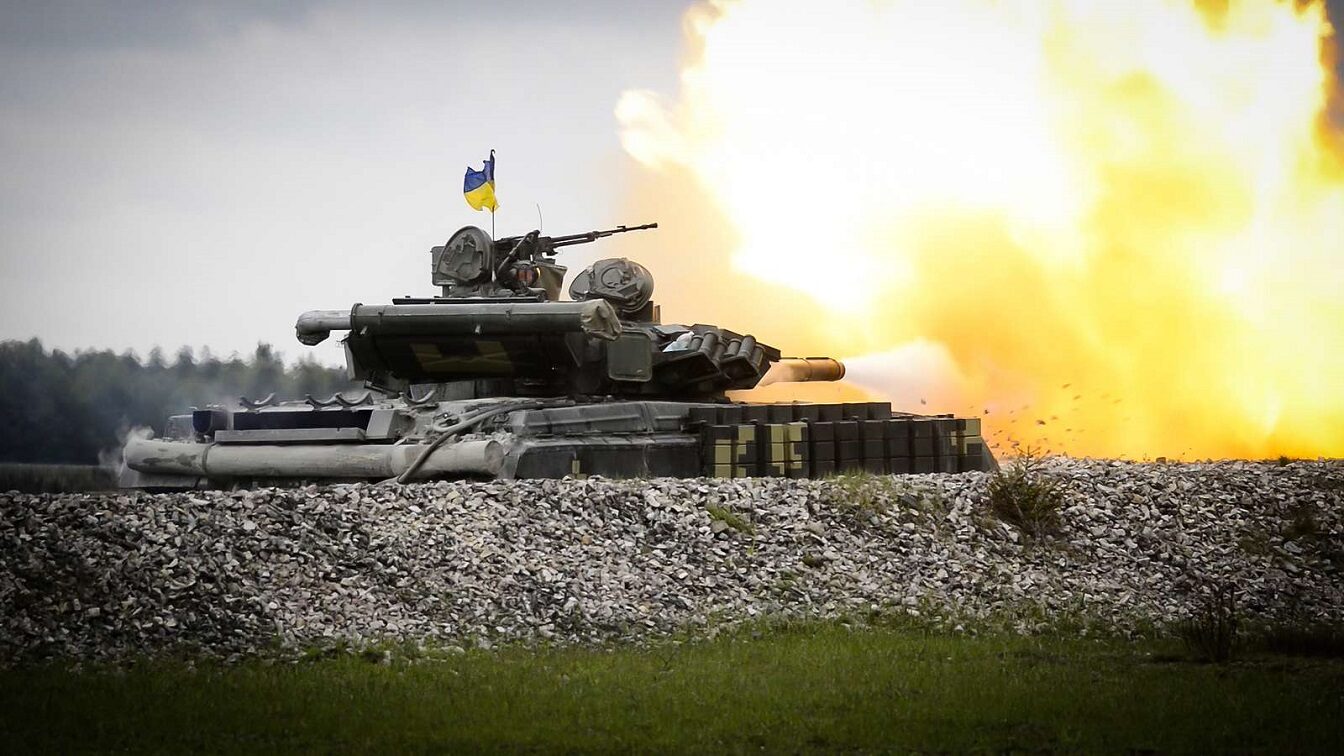UK, EU Step Up Support for Ukraine: The European Union and the United Kingdom on Wednesday revealed their latest plans to assist Ukraine, including new deliveries of air defense systems and a “stable” financial package that will support the country through next year.
Britain Announces New Air Defense Systems and More
Speaking to journalists on Wednesday, British Secretary of Defence Ben Wallace said that the United Kingdom would step up support for Ukrainian soldiers as they brace for a tough winter of conflict. As part of Britain’s next aid package, an additional 12,000 cold-weather sleeping kits will be delivered to Ukraine.
Wallace spoke after visiting Ukrainian troops in a base in Lydd, England, as they are trained to use NATO-standard military equipment. The British government official was joined by NATO Secretary General Jens Stoltenberg to observe the training.
Wallace also praised the ongoing efforts by the British military to prepare Ukrainian troops for fighting in the winter, recognizing that Russian soldiers recently drafted are not receiving the same kind of quality training.
“Winter is approaching and that is an important challenge for both sides,” the British Defence Minister said, adding that the UK is “determined to give Ukrainian soldiers the best basic skills because we already know that the Russian military aren’t doing that.”
The United Kingdom will also soon complete the delivery of an additional 1,000 surface-to-air missiles in an effort to help Ukraine defend against an onslaught of drone and missile strikes from Russia.
EU Proposes “Stable and Predictable” Support Package for Ukraine
In a press release shared on Wednesday, the European Commission – the executive of the European Union – revealed plans for a support package worth up to €18 billion that will assist the Ukrainian government through 2023. The press release revealed that, following an October meeting of the European Council, the European Commission proposed an “unprecedented” package that consists of “highly concessional loans, disbursed in regular installments as of 2023.”
“This stable, regular and predictable financial assistance – averaging €1.5 billion per month – will help cover a significant part of Ukraine’s short-term funding needs for 2023, which the Ukrainian authorities and the International Monetary Fund estimate at €3 to €4 billion per month. The support put forward by the EU would need to be matched by similar efforts by other major donors in order to cover all of Ukraine’s funding needs for 2023,” the press release explains.
The European Commission said that the package will help Ukraine continue to pay wages and pensions as well as maintain essential public services, including schools, hospitals, and houses for those who have been evacuated because of the war.

Spc. Chengjie Liu (right), fires an AT-4 anti-tank weapon as Sgt. Jacob Saccameno, both infantrymen assigned to Headquarters and Headquarters Troop, 3rd Squadron, 2nd Cavalry Regiment, supervises and assists during an anti-tank and air defense artillery range, April 23, at Adazi Military Base, Latvia. American and Latvian soldiers trained using a variety of weapons, including Javelin anti-tank missiles, Carl Gustav recoilless anti-tank rifles and the RBS-70 Short-range air defense laser guided missile system. Soldiers from five North Atlantic Treaty Organization nations, including Canada, Germany and Lithuania, have been conducting a variety of training together during Summer Shield XIII, an annual two-week long interoperability training event in Latvia. (U.S. Army photo by Sgt. Paige Behringer)
Loans made available by the European Union will be repaid over a course of 35 years, with repayments beginning in 2033. The European Union also offered to cover Ukraine’s interest rate costs by splitting the payments up across EU Member States and allowing third countries to add funds to the instrument in the form of grants.
Jack Buckby is a British author, counter-extremism researcher, and journalist based in New York. Reporting on the U.K., Europe, and the U.S., he works to analyze and understand left-wing and right-wing radicalization, and reports on Western governments’ approaches to the pressing issues of today. His books and research papers explore these themes and propose pragmatic solutions to our increasingly polarized society.

